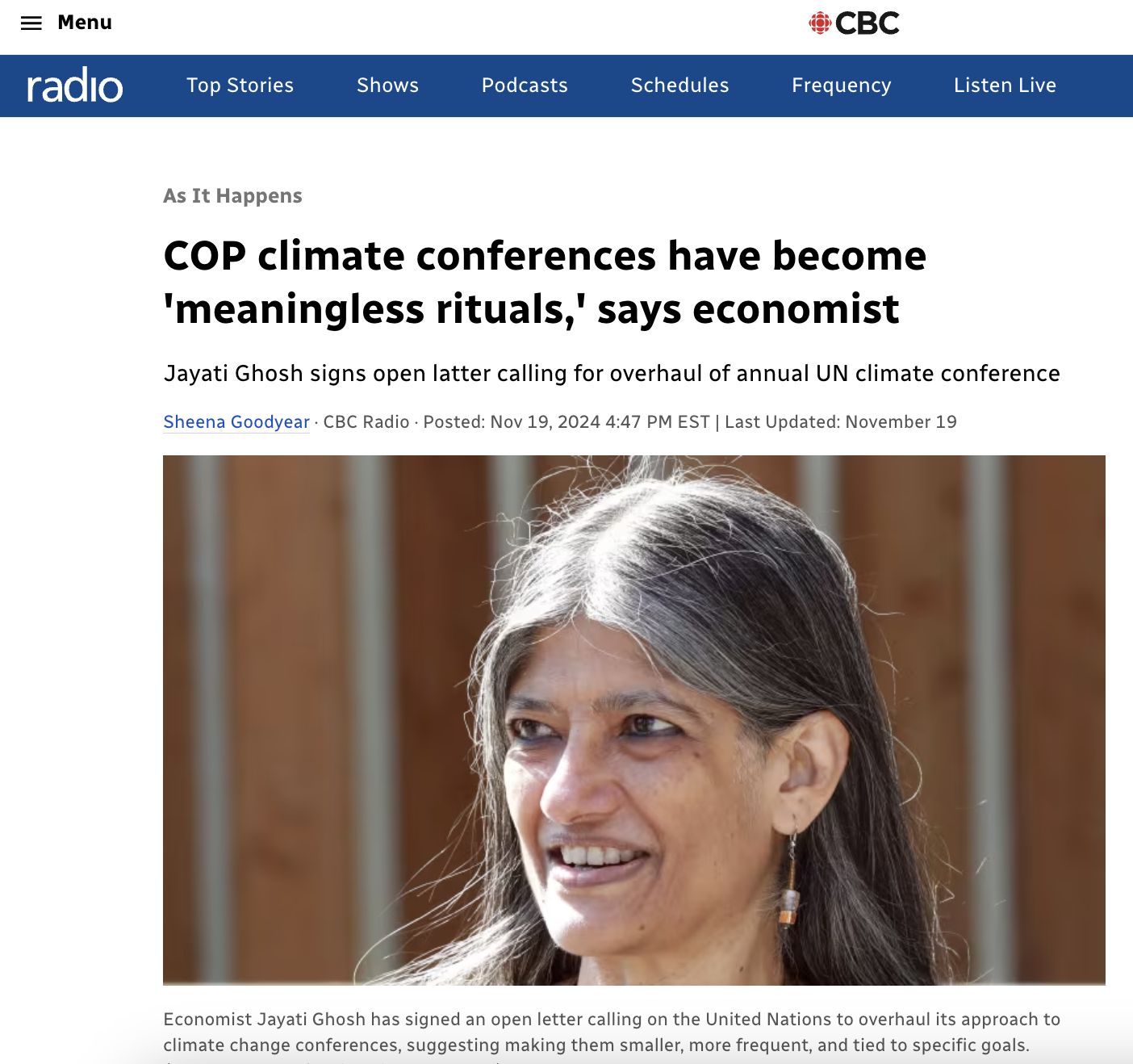https://rogerpielkejr.substack.com/p/weather-attribution-alchemy
Weather Attribution Alchemy: A new THB series takes a close look at extreme weather event attribution, Part 1
Excerpt: In the aftermath of many high profile extreme weather events we see headlines like the following:
- Climate change made US and Mexico heatwave 35 times more likely — BBC
- Study Finds Climate Change Doubled Likelihood of Recent European Floods — NYT
- Severe Amazon Drought was Made 30 Times More Likely by Climate Change — Bloomberg
For those who closely follow climate science and the assessments of the Intergovernmental Panel on Climate Change (IPCC), such headlines can be difficult to make sense of because neither the IPCC nor the underlying scientific literature comes anywhere close to making such strong and certain claims of attribution.
How then might we understand such high profile claims?
…
Weather event attribution does not appear in the IPCC Glossary, however it does appear in the body of the AR6 report, where the IPCC explains that event attribution research seeks to “to attribute aspects of specific extreme weather and climate events to certain causes.”
The IPCC continues:
“Scientists cannot answer directly whether a particular event was caused by climate change,1 as extremes do occur naturally, and any specific weather and climate event is the result of a complex mix of human and natural factors. Instead, scientists quantify the relative importance of human and natural influences on the magnitude and/or probability of specific extreme weather events.”
With this post I want to introduce three starting points for our discussions which will unfold over a series of posts in coming weeks and months.
First, event attribution research is a form tactical science — research performed explicitly to serve legal and political ends. This is not my opinion, but has been openly stated on many occasions by the researchers who developed and perform event attribution research.2 Such research is not always subjected to peer review, and this is often by design as peer-review takes much longer than the news cycle. Instead, event attribution studies are generally promoted via press release.
For instance, researchers behind the World Weather Attribution (WWA) initiative explain that one of their key motives in conducting such studies is, “increasing the ‘immediacy’ of climate change, thereby increasing support for mitigation.” WWA’s chief scientist, Friederike Otto, explains, “Unlike every other branch of climate science or science in general, event attribution was actually originally suggested with the courts in mind.” Another oft-quoted scientist who performs rapid attribution analyses, Michael Wehner, summarized their importance (emphasis in original) — “The most important message from this (and previous) analyses is that “Dangerous climate change is here now!”
…
Weather event attribution methodologies have been developed not just to feed media narratives or support general climate advocacy. Otto and others have been very forthright that the main function of such studies is to create a defensible scientific basis in support of lawsuits against fossil fuel companies — She explains the strategy in detail in this interview, From Extreme Event Attribution to Climate Litigation.
As I recently argued, tactical science is not necessarily bad science, but it should elevate the degree of scrutiny that such analyses face, especially when they generally are not subjected to independent peer review. In this series I’ll apply some scrutiny and invite you to participate as we go along.
Second, extreme event attribution was developed as a response to the failure of the IPCC’s conventional approach to detection and attribution (D&A) to reach high confidence in the detection of increasing trends in the frequency or intensity of most types of impactful extreme events — notably hurricanes, floods, drought, and tornadoes.
…
The underlying theory of change here appears to be that people must be fearful of climate change and thus need come to understand that it threatens their lives, not in the future, but today and tomorrow. If they don’t have that fear, the argument goes, then they will discount the threat and fail to support the right climate policies. Hence, from this perspective, the IPCC”s failure to reach strong claims of detection and attribution represents a political problem — a problem that can be rectified via the invention of extreme event attribution.



